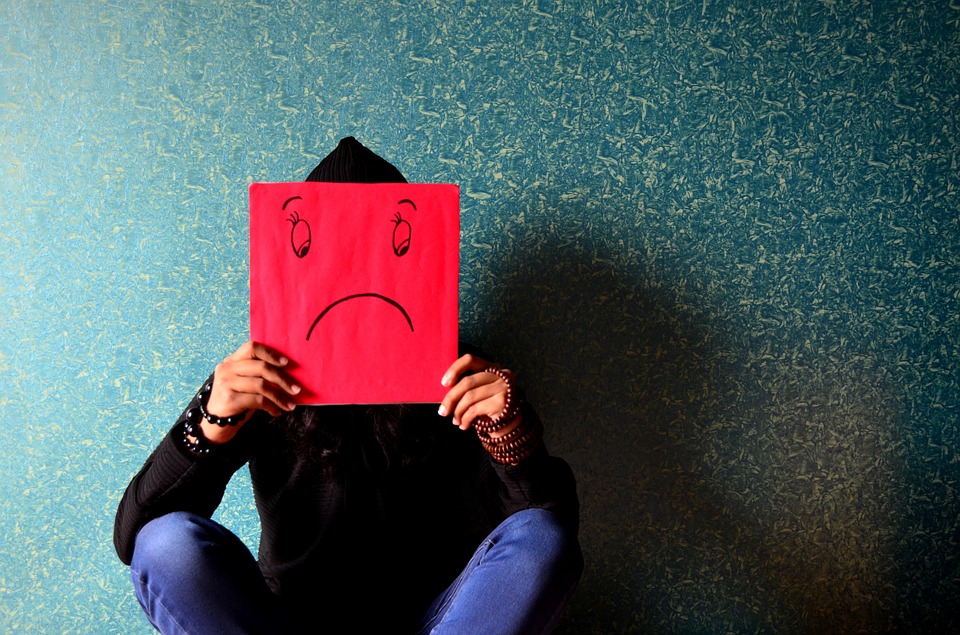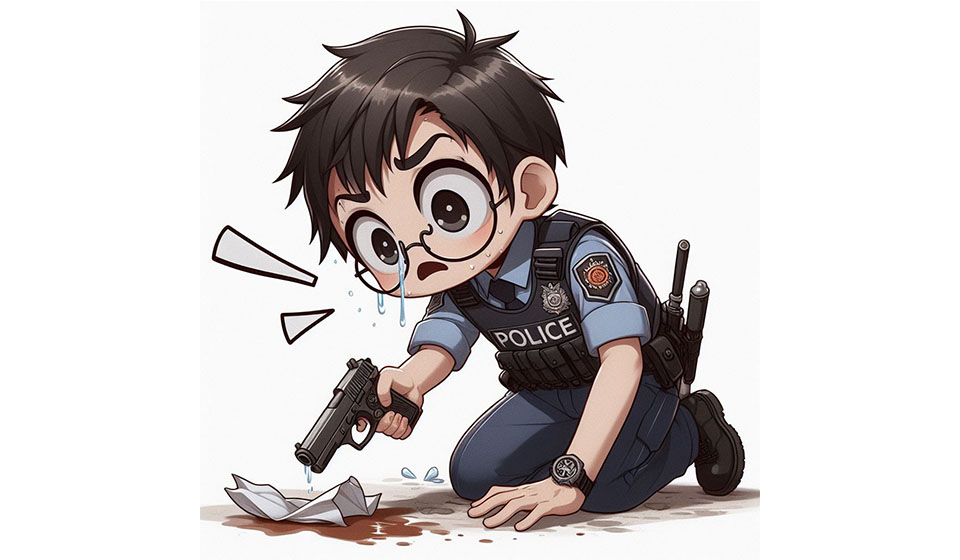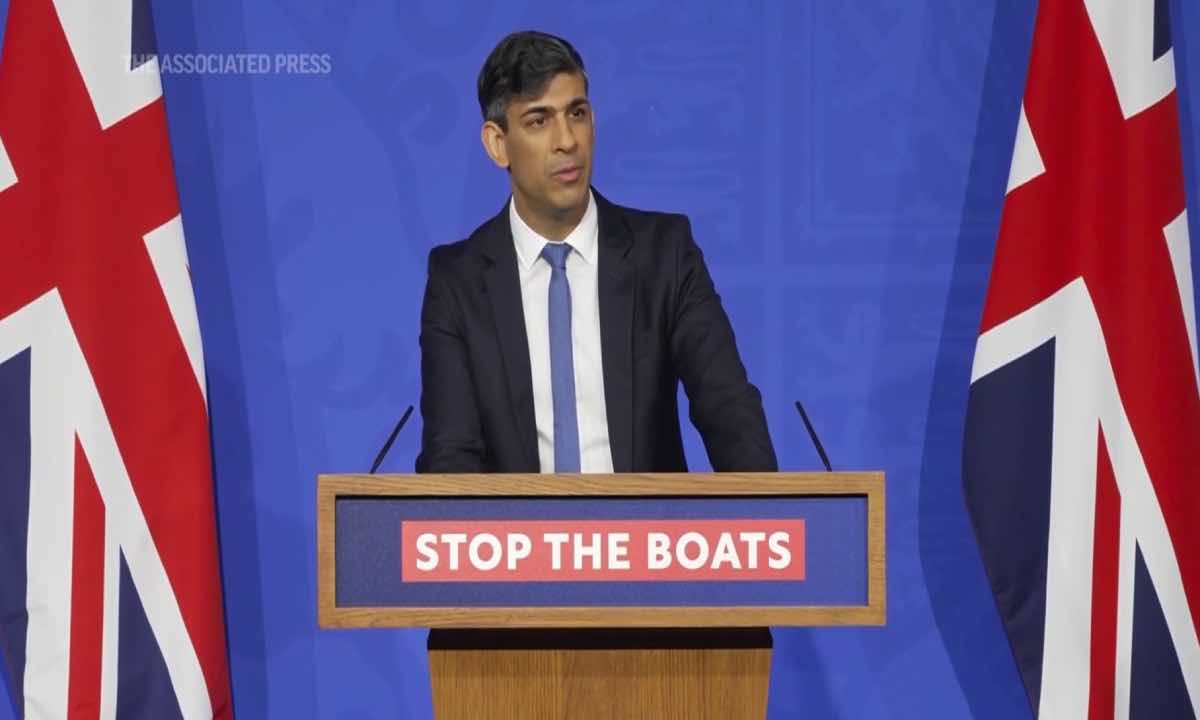
OR
Opinion
Identifying Signs of Depression in Your Kids
Published On: August 30, 2021 07:45 AM NPT By: Dr Priyansha Acharya and Dr Yash Bhattarai


Dr Priyansha Acharya and Dr Yash Bhattarai
(The authors are 2017 MBBS graduates from KMC and currently work as researchers at TPO Nepal and as clinical observers at Kanti Children’s Hospital’s Child and Adolescents Psychiatry Unit.)news@myrepublica.com
More from Author
It is important to note that “feeling sad” occasionally is not depression. However, feeling sad for a long period (clinically for at least 2 weeks) that is preventing an individual from indulging in their normal routine activities, is depression.
Dr Priyansha Acharya and Dr Yash Bhattarai
In our part of the world, we barely see the usage of words “kids”, “teens” and “mental illnesses” together in the same sentence. We cannot comprehend the fact that this group of population is also at high risk of developing mental health issues such as depression and anxiety as we often think of depression as an adult problem. But what do the current statistics tell us? According to the World Health Organization (WHO)’s recent findings, depression is one of the leading causes of illness and disability among adolescents. Suicidal thoughts and suicide attempts are one of the major symptoms of depression. WHO states that suicide is one of the leading causes of death in 15-19-year-olds.This begs to answer the question of how to recognize if your kid is depressed? Moreover, it becomes important to understand that it is not impossible for kids, teens, and young adults to be depressed simply because “they have it easier” than adults in life. That is simply not true!
As human beings, we can experience physical as well as mental health issues in any phase of our lives: be it childhood, adolescence, or adulthood. Stressors and risk factors may vary from one age group to another. This negates the general viewpoint of children or teens being exempt from mental health issues. Depression in children and adolescents interferes with different aspects of their lives, whether it be their performance at school or maintaining friendships and relationships. Lifelong repercussions may occur, especially if it is overlooked or unnoticed. Consequences of depression in children and adolescents being unidentified and untreated can be impairment of both physical and mental health well along during adulthood. Depression, like any other untreated physical or mental health issue, can prevent kids from living proper fulfilling lives as adults. This makes the case for how it is imperative to timely identify and treat depression in kids and adolescents.
What is depression?
In simple terms, depression means a disorder resulting in loss of interest and a feeling of perpetual sadness that hampers day-to-day activities. It is important to note that “feeling sad” occasionally is not depression. However, feeling sad for a long period (clinically for at least 2 weeks) that is preventing an individual from indulging in their normal routine activities, is depression. In kids, sadness is often replaced with increased irritation and anger, which is often overlooked as “bad behavior” or “tantrums”. Depression can manifest as a result of a conjunction of genetic and other circumstantial or external factors surrounding the child. If any of the immediate family members such as mom, dad, or siblings has a history of depression, the child is at a greater risk of developing depression in their lifetime as compared to the general population.
How to tell if my kid is depressed?
Simply put, if you start to notice an abrupt change in the behavior of your kid, keep an eye out for depression. If they are withdrawing from activities that they usually do for fun, if they are highly irritated or angrier than they use to be, if they complain of aches in their body or body aches, if they appear tired than usual while getting involved in their regular activities and, if you notice any change in their sleep patterns and appetite, you should keep a high suspicion for depression in your kids and seek professional help. Often, parents scold their kids for “being lazy”, or for “making excuses”, punishing them for their “bad behaviors” without realizing that these could be their kid’s cry for help as a result of an underlying mental health issue.
What can cause my child to be depressed?
There is no single factor that directly leads to depression, especially in children. A group of factors tends to play a key role in culminating into depression. External factors that can act as a stressor(s) or trigger(s) for depression can be parental conflict, problems with parenting, child abuse (physical and/or emotional), bullying, corporal punishment, or lack of a good emotional support system for a child or a teen, loss of loved ones or history of depression in the family. A good support system for a child or a teen could be a group of friends, a team of supportive and understanding parents, supportive siblings, etc. It is also important to note that anxious kids or teens are also at an increased risk of developing depression or depressive symptoms.
When to seek help?
Unusual or abrupt behavior changes in kids, whether it be at school or home for a longer time (clinically for two weeks or more), should raise an alarm and parents should not hesitate to seek professional help for their kids. If your kid complains of having suicidal thoughts or attempts one, help should be sought immediately. In such situations, you must not leave your child unsupervised and any items or objects that can be used to inflict physical harm should be kept out of reach.
Is it treatable?
Yes! Just like any other treatable physical ailment, depression is also a treatable condition. Family members or guardians being informed about the symptoms of depression, its consequences, and the treatment, is as crucial as clinically treating the child itself. The treatment approach is tailored according to the symptoms, needs, and various other determinants.
There are medications available that a clinical psychiatrist can prescribe if need be. The commonly prescribed medications are not only safe for kids but also effective. Unfortunately, the social stigma surrounding the treatment of depression is as strong and rigid as the stigma surrounding the disorder itself. The notion that medications used for psychiatric disorders such as depression are addictive, couldn’t be farther from the truth.
Counseling or psychotherapy by a professional psychologist is also an effective approach to treat depression in kids and adolescents. Psychotherapy is usually provided either in addition to the medication(s) or alone in itself.
Where do I go to seek help for my child?
Kanti Children’s Hospital has a Child and Adolescents Psychiatry unit that has been operating since 2015. The outpatient department of this unit is run by a team of psychiatrists and psychologists that have been providing diagnostic and treatment services in the field of child and adolescent mental health. Some of the mental health crisis helplines that are currently operating in the valley are:
TUTH Suicide Prevention Hotline: 9779840021600
Patan Hospital Suicide Prevention Helpline: 9813476123
TPO Nepal toll-free helpline number: 1660-101-2005
(The authors are 2017 MBBS graduates from KMC and currently work as researchers at TPO Nepal and as clinical observers at Kanti Children’s Hospital’s Child and Adolescents Psychiatry Unit.)
You May Like This

Foreign nationals scale Mt Everest to support children
KATHMANDU, May 30: Three foreign nationals have scaled the Mt Everest, the highest peak of the world, with an aim... Read More...

Pits dug for making bricks in Bhaktapur risking lives of children
BHAKTAPUR, Dec 27: Lives of children, in particular the children of laborers working at various brick factories in Bhaktapur, have... Read More...

Children and fantasy
Even a small child is capable of distinguishing between reality and fantasy, whether in stories, real life, books or movies Read More...







Just In
- Seven houses destroyed in fire, property worth Rs 5.4 million gutted
- Police pistol missing after drug operation in Bara, investigation underway
- Truck carrying chemical used in drugs catches fire
- Nepali journalists Sedhai and Kharel awarded second prize at Fetisov Journalism Awards for their exposé on worker exploitation in Qatar World Cup
- Devotees gather at Balaju Park for traditional ritual shower at Baisdhara (Photo Feature)
- PPMO blacklists 33 construction companies
- UK Parliament approves Rwanda deportation bill, ending weeks of legislative stalemate
- SC refuses to issue interim order in petition against Sudurpaschim province govt











Leave A Comment